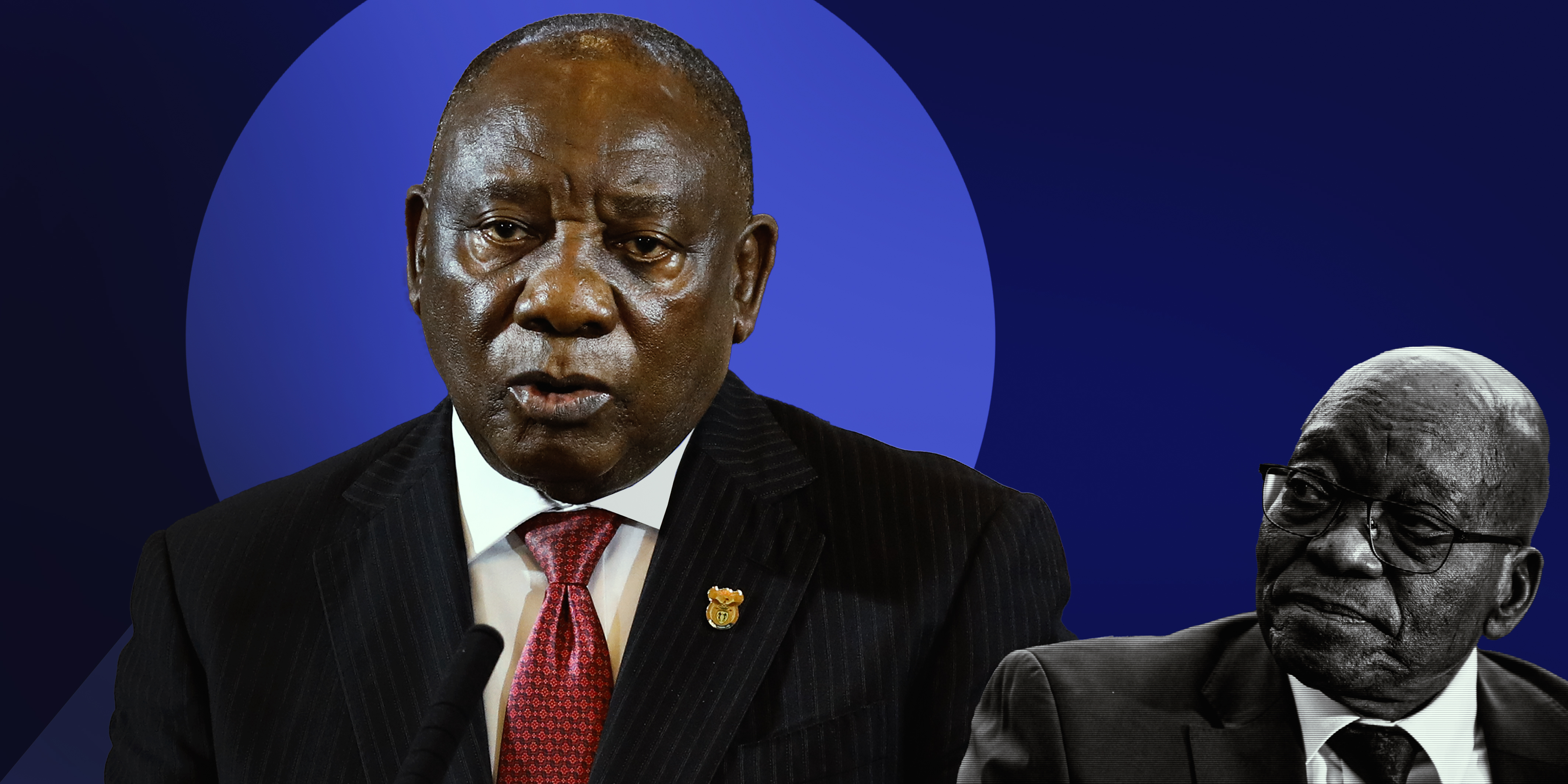I would like to perform a quick fact-check on one little aspect of the State of the Nation Address (Sona) delivered on Thursday evening by President Cyril Ramaphosa — a job made substantially easier since the President had the decency and integrity to partly do it himself.
He made the point that over the last two years, the number of jobs created had increased every quarter, and South Africa now had more people in employment than before the pandemic. This is correct, laudable and a relief, and is worth pointing out because it’s not well known. He went on to say that because the number of people entering the job market each year is greater than the number of jobs created, the unemployment rate is “the highest it’s ever been”. Once again, quite true.
It just so happens I was arguing with a reader about this question. They claimed that journalists, myself included, were biased against the government’s economic performance, and that we — inadvertently or carelessly — seek negative statistics to back up our preconceived beliefs. My counterargument is that anyone who thinks SA’s economic performance has been up to snuff over the past 15 years is living in a dream world. In my mind, this is beyond debate — but others think differently.
Interestingly, Ramaphosa supports me. (In a sense.) He said, “Over the past five years, we have worked to revive our economy from a decade of stagnation and protect it from both domestic and global shocks.” That means he is acknowledging that there was a “decade of stagnation”, something I don’t recall any other ANC politicians doing.
I suppose now that former president Jacob Zuma belongs to another party, it’s open season to lay the blame on him. Politics — don’t you just love it?
Furthermore, Ramaphosa said, “We have laid a foundation for growth through far-reaching economic reforms, an ambitious investment drive, and an infrastructure programme that is starting to yield results.” But you know, I have to say, I’m not feeling it.
The ANC’s position, as I see it, is that there was a period of economic malaise which just happened to take place when Zuma was president. After he left, things started heading in a different direction. But look at the numbers — they have not changed direction to any great degree — in some ways, they have become worse.
The statistics are complicated by Covid, which threw everything out. But one question we could ask is: Which countries rebounded from the Covid low point most effectively? Ramaphosa said more people are employed in SA now than were before the pandemic. That is great, but it’s not unusual globally, though importantly, the increase SA has seen is lower than in many comparable countries.
In SA, about 16.5 million people were employed before Covid, and the figure now is 16.74 million, a 1.4% increase. This is based on Stats SA figures from late last year.
By comparison, Brazil had about 95 million people in jobs just before Covid. It now employs around 102 million, a 7.4% increase. Other countries with big population increases show the same trend. In Indonesia, about 135 million people are currently employed. Before 2020, the figure was 128 million, a 5% increase.
You could take dozens of other cases. Mexico was at 55 million, and it’s now at 59 million, a 7% increase. Even the notoriously slow-growth Eurozone had around 163 million people employed before Covid and now has 168 million, a 3% increase.
This stands to reason, because what is holding SA back is the enormous level of electricity cuts which afflicted the country last year. That too, Ramaphosa said, is getting fixed, and we can now look forward to a future without load shedding. How he said this with a straight face I don’t know. My colleague Ray Mahlaka points out that even the new Integrated Resource Plan says that South Africa will still be dealing with electricity supply problems until 2030.
The point is that Ramaphosa wants to paint a picture of a country that was in trouble before he came along and then everything turned around. “The last five years have been a time of recovery, rebuilding and renewal,” he said.
With the best will in the world, I don’t think this is true. Like many South Africans, Ramaphosa argues that once Eskom and perhaps also Transnet are fixed, everything will be hunky-dory. But there is so much more wrong with the ANC’s policies than just its approach to state-owned enterprises.
The best thing you can say about Ramaphosa’s speech is that at least he is not a populist along the lines of Brazil’s Jair Bolsonaro, or Hungary’s Viktor Orbán, or god forbid, Donald Trump. He is a credit to SA as a person: sensible, modern, logical, realistic. But he has not managed to face down the nutters in his party, or oust the incompetents or hold the line against the trough-feeders. DM
Business Maverick
ANC's old argument – It was all Mbeki’s fault; New argument – It was all Zuma’s fault





